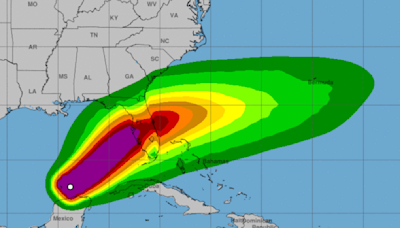Search results
Jun 18, 2019 · Add details and include citations to explain why this answer is correct. Answers without enough detail may be edited or deleted. "To" is correct. "Till" or "until" are good alternatives. Share. Improve this answer.
Dec 14, 2013 · From now on, we will practice at 5 o'clock. Starting tomorrow, we will practice at 5 o'clock. The first one is a slightly idiomatic use of now. While I appreciate you accepting this answer, I usually recommend waiting at least 12 hours (perhaps 24 is even better) before accepting an answer.
Jun 4, 2016 · I know that "will come" is simple future and "will be coming" is future continuous. Native speakers might actually prefer I'm coming tomorrow. Both statements with the progressive simply refer to the activity as having duration. But we'll also say I'll come tomorrow and I come tomorrow. These are all valid expressions.
Jan 11, 2016 · 3. You could also say "We won't be meeting tomorrow or the next day." – Hellion. Aug 7, 2013 at 17:27. 3. The fixed phrase is not "the day after tomorrow" – it's simply "the day after". It can be the day after [any day reference]. Hence: "We won't be open on Christmas or the day after" (means we will be closed Dec 25 and Dec 26); or, "Aunt ...
Mar 15, 2017 · The first thing to recognize is that these two sentences are really asking about the current state of affairs of a decision as to whether there will be classes tomorrow. They aren't a request for a prediction about tomorrow's classes subject to all random circumstances. That is why they are present tense even though they refer to tomorrow's ...
Dec 15, 2022 · The contraction "tomorrow's" is used to mean "tomorrow is" all the time. Just search for "tomorrow's going to" to find all manner of examples. It's impossible to accurately judge how someone will parse "tomorrow's" without any surrounding context. In that aspect, I feel that this answer is therefore unfounded.
Jan 11, 2022 · Fresno CA. English (US - northeast) Jan 11, 2022. #6. genielaw said: I looked this up, and I saw someone said "I’m going on a diet tomorrow" is natural without 'from' or 'starting'. "Going on a diet" means "starting a diet". "Starting" is a 1-time event, lasting a few moments. So you can say starting will happen on a specific day.
Feb 23, 2021 · A Leave Request. The two sentences by OP are. 1.Sir, I need a leave tomorrow. 2.Sir, I need a leave for tomorrow. The first sentence is correct, but the second sentence does not sound well. There is no need to add the preposition "for" because the statement works fine without it. A more polite approach is to add "can" or "could" and ask as a ...
Apr 6, 2018 · (1) The concert will start tomorrow at 6:00 pm. (2) The concert starts tomorrow at 6:00 pm. If you know for a fact that the concert starts at the scheduled time, always use (2). Under normal circumstances, this will be the case. So it's the more natural.
If I had to speculate, I’d say that “What day is it tomorrow?” is avoided for a few reasons, including the suspicion mentioned in the comments above that it doesn’t sound quite right to pair the definitively present-sounding “is it” with the decidedly futuristic “tomorrow”. There’s also the simple fact that the word order causes the speaker to all but ask a different question ...





